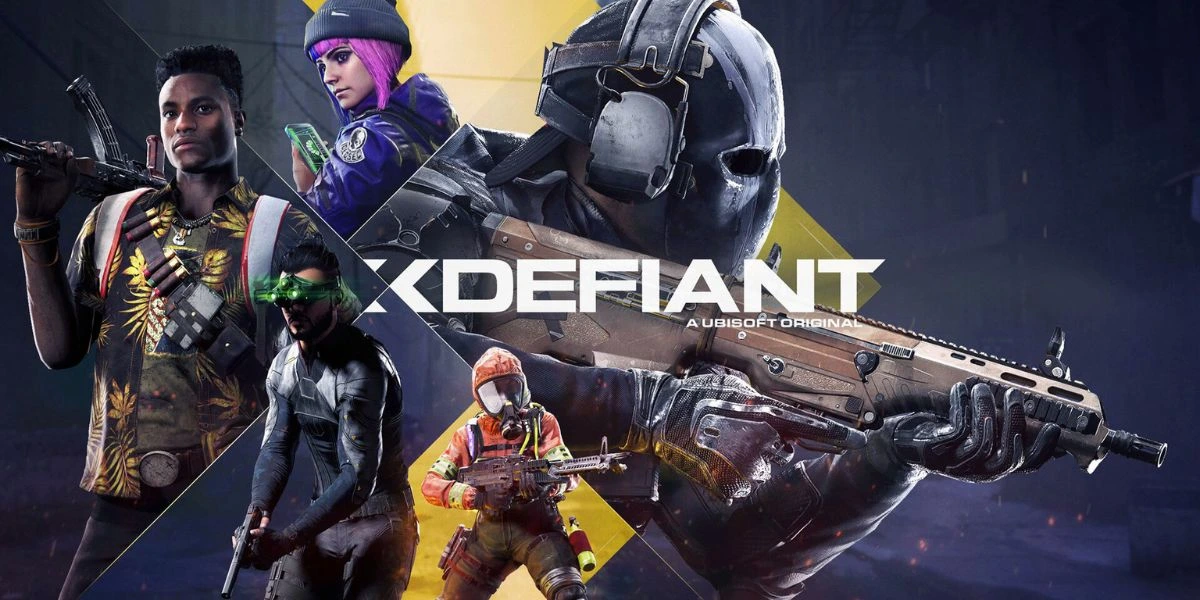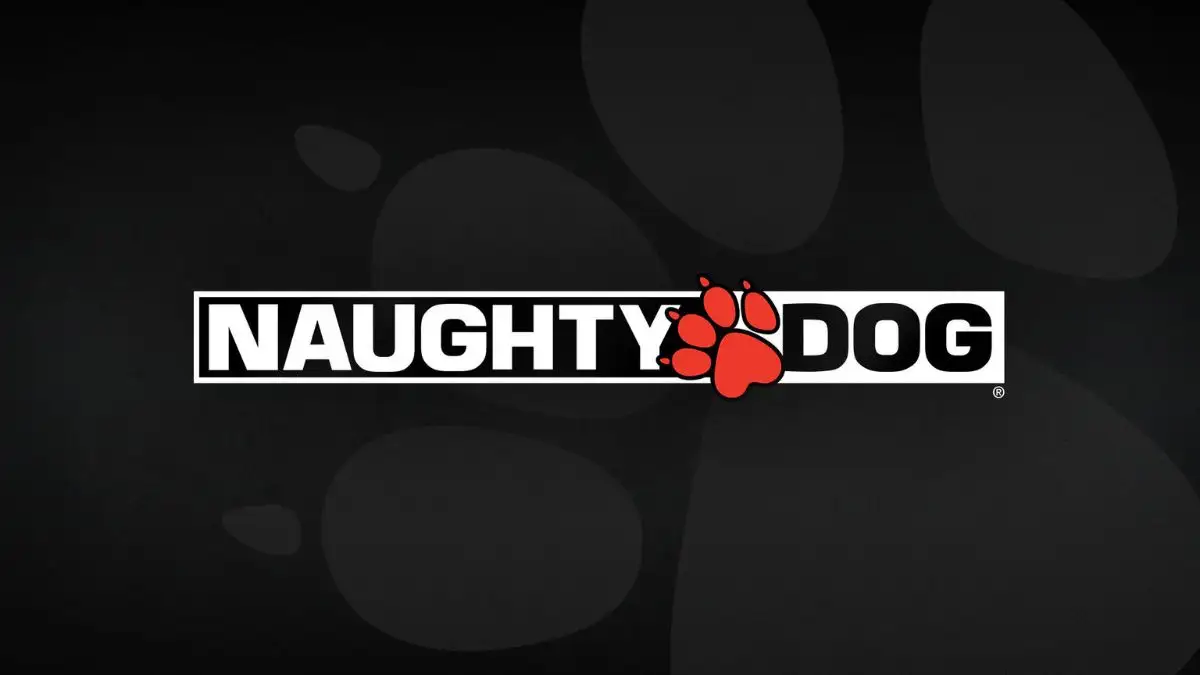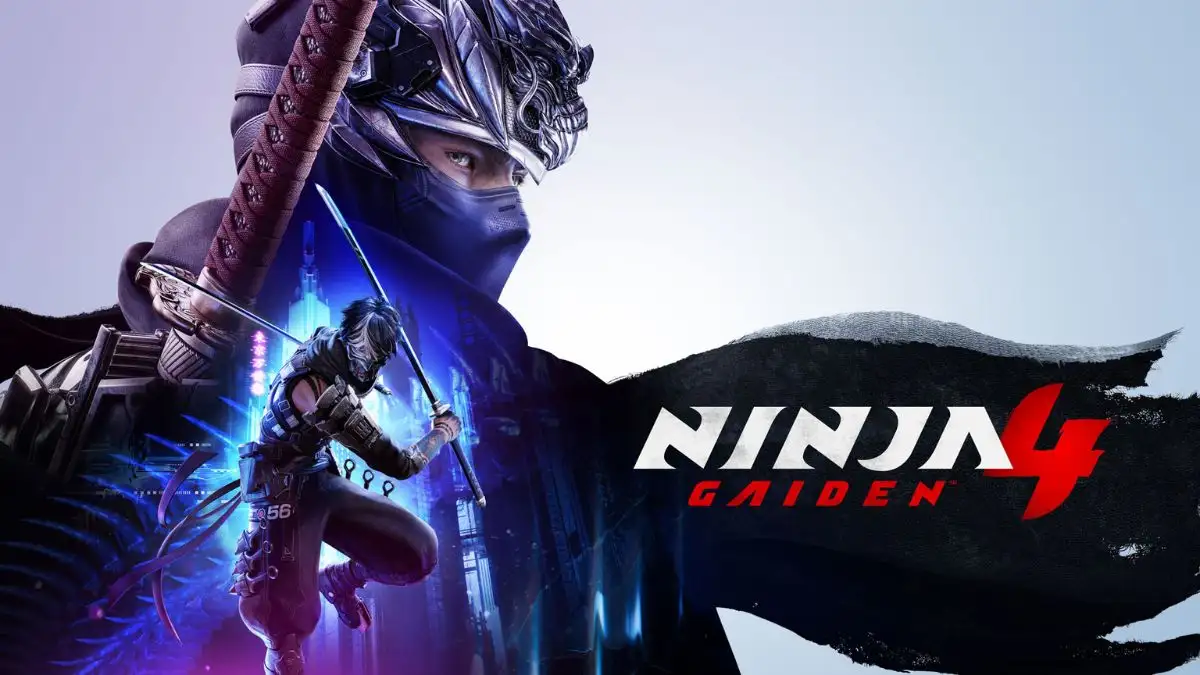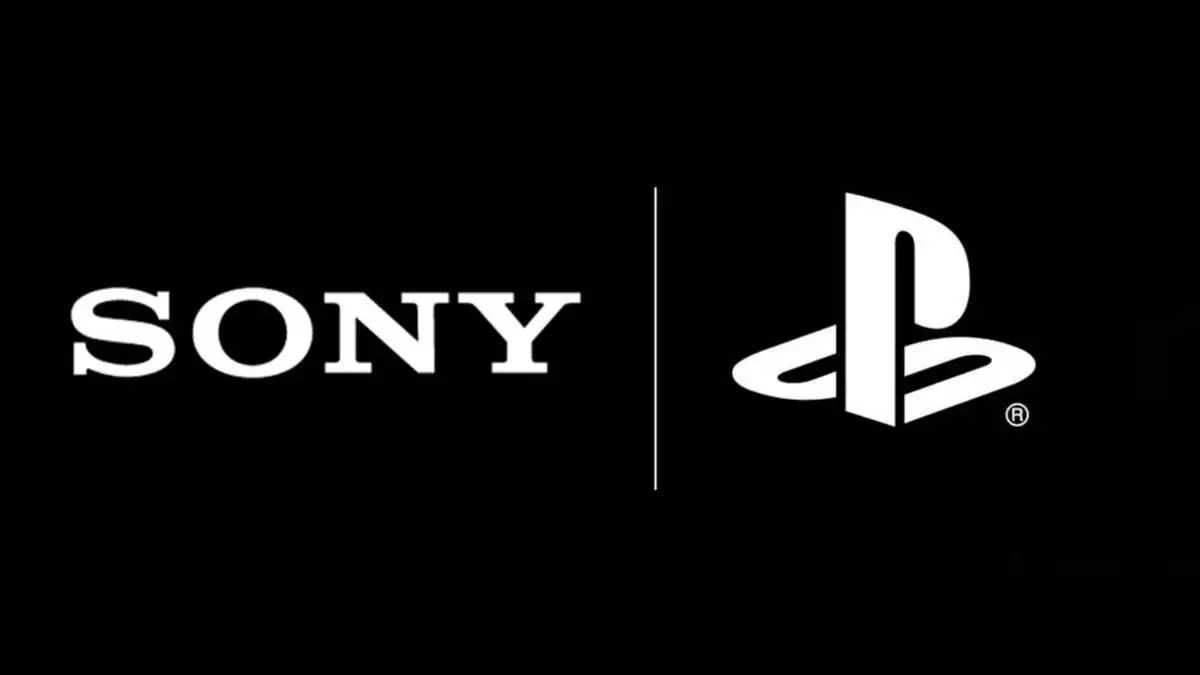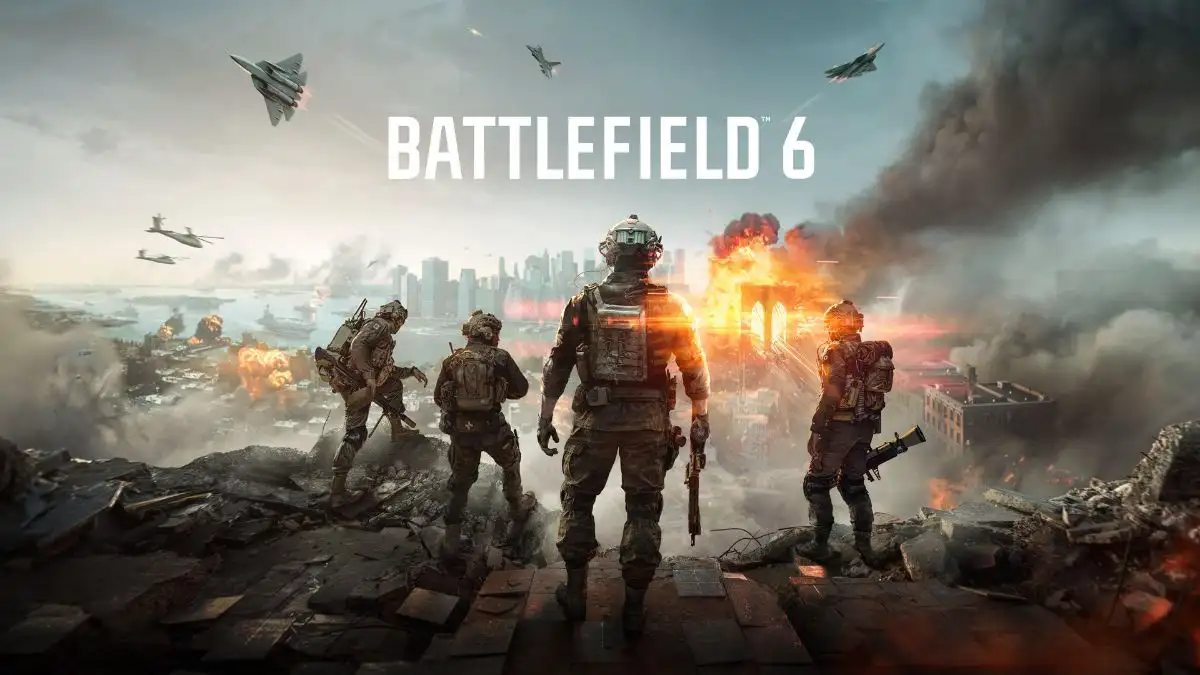The final server has powered down, and the plug has officially been pulled. Ubisoft’s free-to-play arena shooter, XDefiant, is no more. In a move that punctuates the game’s troubled, short-lived existence, Executive Producer Mark Rubin has announced his departure from Ubisoft—and the gaming industry entirely—following the official XDefiant shutdown on June 3rd, 2025.
It’s a tough day for fans who saw the spark of something special in the fast-paced shooter. In a candid social media post, Rubin, a veteran producer with legendary Call of Duty titles like Modern Warfare and MW2 on his resume, broke his silence. He offered a heartfelt thank you to the community and developers while delivering a gut-wrenching post-mortem on why the promising title ultimately failed. The XDefiant shutdown wasn’t just a simple business decision; it was the result of a project fighting an uphill battle from the start.
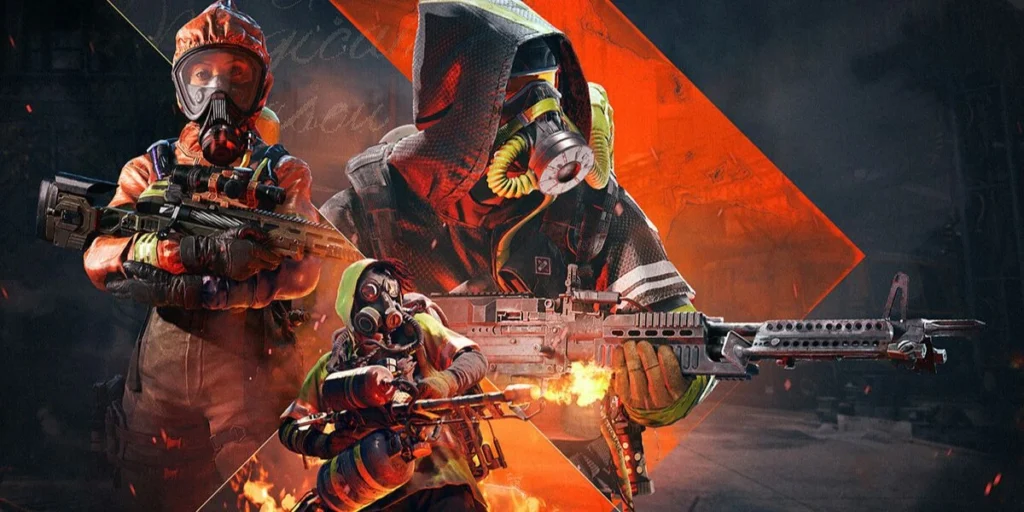
Mark Rubin Pulls No Punches on the XDefiant ShutDown
In his farewell message, Mark Rubin didn’t just say goodbye; he gave a raw, behind-the-scenes look at the issues that plagued the game. While thanking the dev team for producing a “really fun and terrific game” against the odds, he laid out the core reasons for the XDefiant shutdown.
According to Rubin, the project was hampered by several critical problems:
- Crippling Engine Debt: The team was working with an engine that “wasn’t designed for what we were doing.” This created a massive technical hurdle that they never had the resources to overcome. Think of it like trying to build a competitive race car on a pickup truck’s chassis.
- Lack of Resources: Rubin stated the team simply did not have “the engineering resources to ever correct” the engine issues, nor did they have “the right resources to make content for the game” at the pace required for a live service title.
- Minimal Marketing: In a stunning admission, Rubin revealed the game received “little to no marketing” from Ubisoft. The game’s early popularity was significantly influenced by community engagement and word-of-mouth promotion.
“I can say everyone’s (devs, HQ leadership, etc.) heart was in the right place, but we just didn’t have the gas to go the distance for a free-to-play game,” Rubin explained. It’s a classic tale of a passionate team with a great idea being let down by a lack of foundational support.
A Story of What Could Have Been
Here’s the kicker: for a brief moment, XDefiant looked like a true contender. Rubin noted that despite the lack of a marketing push, the game achieved the “fastest acquisition of players in the first few weeks for a Ubisoft title.” The players were there, and they were hungry for what XDefiant was serving.
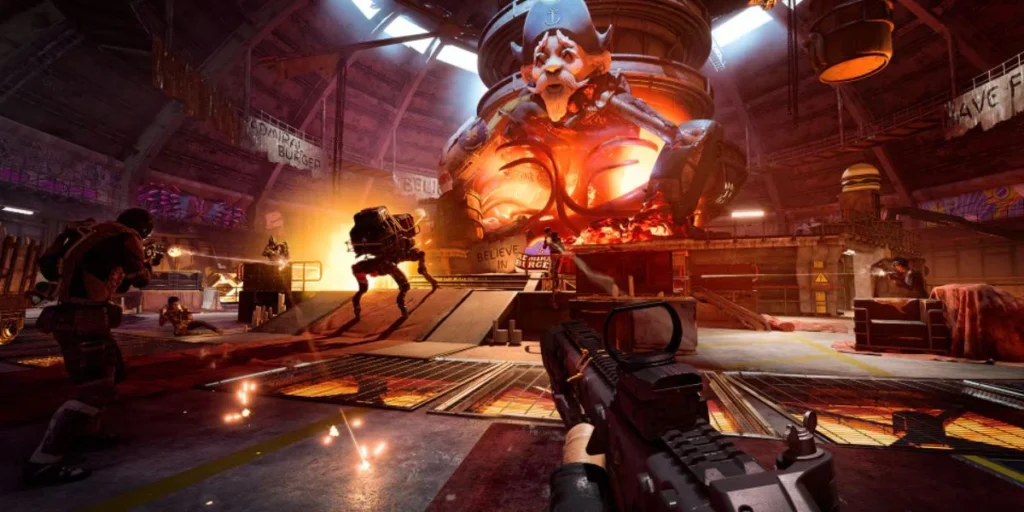
Ubisoft even had esports ambitions, hosting an All-Star Series early on to showcase the game’s competitive potential. An entire esports ecosystem was planned for 2025. But those dreams crumbled as the dev team was forced to shift focus away from new content and competitive features to simply trying to fix core problems like netcode and performance. You can’t build a stable esports on an unstable game.
In December 2024, Ubisoft announced the game’s upcoming shutdown, leading to the closure of its San Francisco and Osaka studios and affecting approximately 277 employees.
As he departs, Rubin leaves the industry with a powerful message, hoping someone else can “pick up the flag that I was trying to carry and make games again that care about the players, treat them with respect, and listen to what they have to say.”
The story of the XDefiant shutdown will serve as a cautionary tale for years to come—a reminder that a great community and a fun game can’t always overcome problems that are baked in from the very beginning
